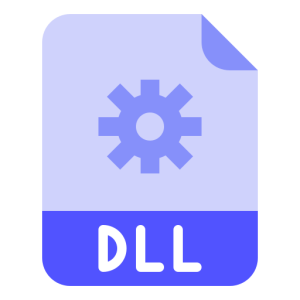Description
Libcef.dll is a dynamic link library (DLL) file that is a core component of the Chromium Embedded Framework (CEF). It is responsible for providing the necessary functionality and resources for embedding the Chromium web browser engine into third-party applications. The libcef.dll file is specifically designed to allow developers to create cross-platform desktop applications that can leverage the power of the Chromium browser engine.
Libcef.dll is a crucial component for applications that require web browsing capabilities, such as web browsers, HTML editors, collaboration tools, and content management systems. It enables developers to integrate a fully functional web browser into their applications, allowing users to browse the internet, render HTML content, execute JavaScript code, and interact with web pages.
Functionality and Features
Libcef.dll offers a wide range of functionality and features that make it a versatile and powerful tool for developers. These include:
- Web Browsing: Libcef.dll provides the ability to load and render web pages using the powerful Chromium browser engine. It supports HTML5, CSS, JavaScript, and other web technologies, ensuring a consistent and robust browsing experience.
- UI Customization: The DLL allows developers to customize the user interface of the embedded browser by providing APIs for modifying the appearance, behavior, and functionality of the browser window.
- JavaScript Execution: Developers can execute JavaScript code within the embedded browser using the libcef.dll API, enabling rich web interaction and dynamic content generation.
- Event Handling: The DLL provides mechanisms for handling various browser events, such as page load completion, navigation, mouse clicks, and keyboard input.
- Resource Loading: Libcef.dll allows developers to intercept and modify resource loading requests made by the browser, enabling features like ad-blocking, content filtering, and custom caching.
Common Use Cases
Libcef.dll is commonly used in a variety of scenarios that require web browsing capabilities integrated into desktop applications. Some common use cases include:
- Custom Web Browsers: Developers can build their own web browsers using the libcef.dll API, allowing for a fully customized browsing experience with specialized features, user interfaces, and security measures.
- Hybrid Desktop Applications: Libcef.dll is often used in applications that require a combination of native desktop functionality and web-based components. Examples include document editors, collaboration tools, and content management systems.
- Web Content Integration: Developers can embed web content within their applications using libcef.dll, allowing for the display of dynamic web content, such as ads, social media feeds, and live data streams.

